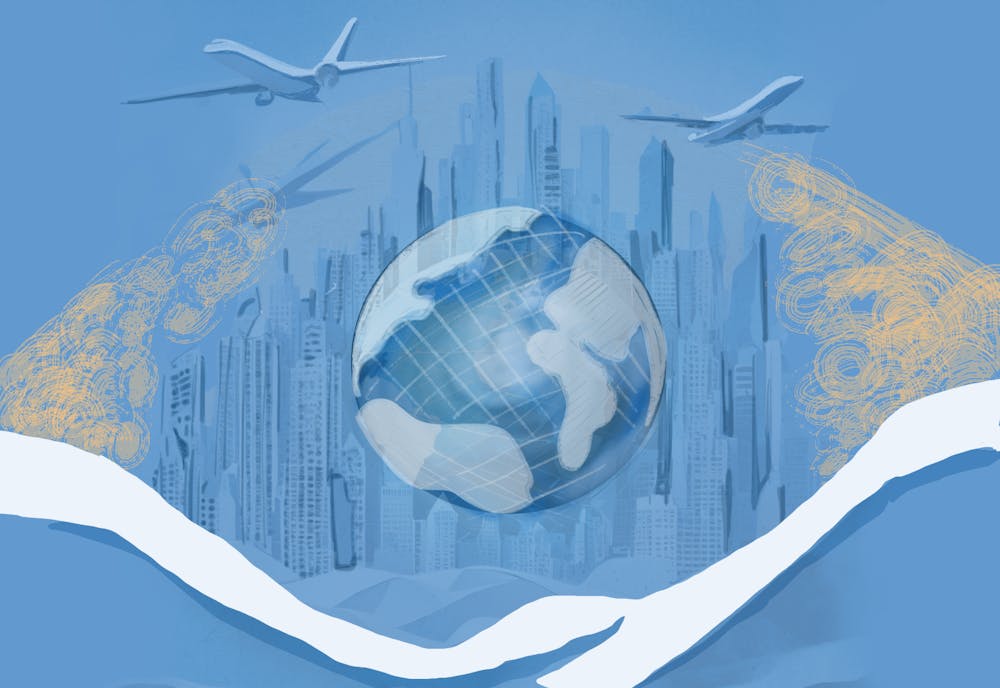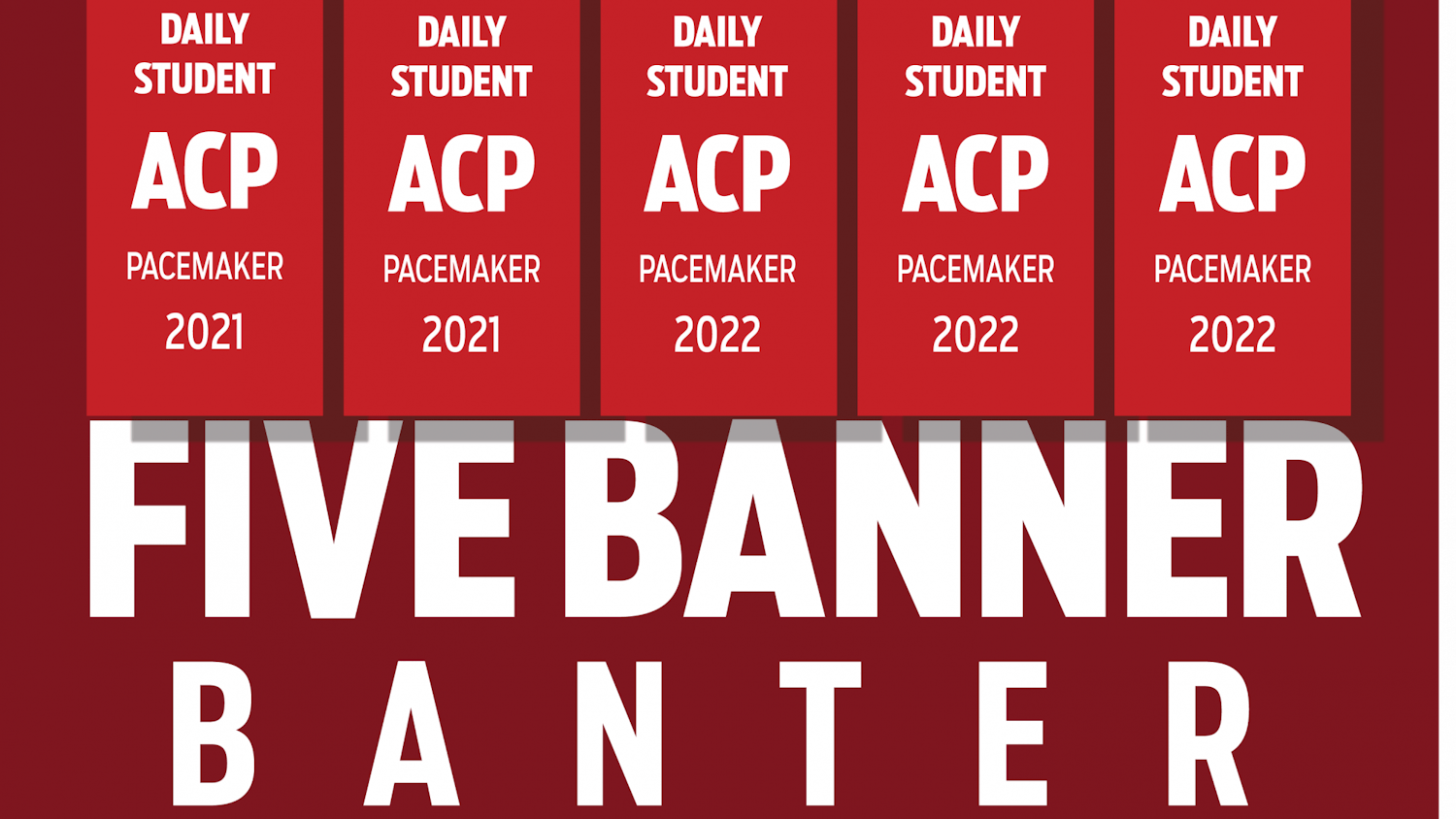When I was little, I used to love going into Apple stores and playing around with the different iPhones and iPads. I remember feeling starstruck at how cool an iPhone was — every app had something different to offer. I could take pictures with it and see those right away instead of having to take a camera to CVS and pay to print out the photos. The phone felt so sleek in my hand, and I felt stylish just simply holding it.
It's hard to imagine there being anything significantly more advanced than an iPhone 15. Each new iteration of the iPhone has such small differences that I can barely tell them apart. Yes, the transition from flip phones to smart phones was revolutionary. When the first iPhone came out in 2007, there was an ocean of possibilities ahead. How could it become more portable and convenient? How many pictures and apps could we hold in our own hands?
But, it’s not so clear-cut now. When has it ever been clear-cut? What lies ahead of the iPhone 15? A 16? 17? What significant differences will these have? It's hard for me to imagine a new species of phone. Maybe we will implant chips in our brains and have access to all our information stored there. Maybe we will control our “phones” in our brains with our thoughts. We direct and organize pictures and texts in our heads; to text, we’d simply think about it, and the text would send under our direction.
Of course, this all sounds ridiculous. I could write a fiction book off this idea if it hasn’t already been written. But what is too unrealistic to predict what will happen and be invented? What is lying 50 years into the future that we can’t yet wrap our brains around?
I mean, the founders of the United States probably couldn’t have predicted that anything other than writing and spoken word would spread news. But look where we are now.
In high school, I read the book trilogy “The Thousandth Floor.” The story takes place in Manhattan in 2118 and focuses on five characters living in a 1000-story skyscraper. Most of the city surrounds this singular colossal building, and other buildings like it in other major cities around the world. Embracing the concept of vertical urbanization, the aim of this society was to build future cities upward instead of outward. Within the tower, there were gardens, apartments, schools, hospitals and restaurants. It also featured numerous speculative technologies: smart contact lenses, holographic video lessons and glasses with Google search capabilities.
Among these shiny technologies, the series addresses many complex issues including class. The higher up the characters lived in the tower, the more money they had. On lower floors are where the working class and front-line employees lived.
The world outside of the tower is unfamiliar to many of its citizens. Far off are the cities of London and Dubai. Right in front of the tower are the remains of Manhattan, abandoned railroad tracks and rusty cars.
Even with all the technology, no one was truly happy. Without spoiling the whole trilogy, the main characters and society faced several issues within the tower. Similar to the book “Ready Player One,” the technology highlights how ruined and complicated the world can be. Many deep divisions of class are hard to see in real life but understood in a new light in these books.
Now, I'm not saying the state of classes in these books are identical to our world. Rather, reading “The Thousandth Floor” provides perspective: regardless of how advanced the world might be, it doesn’t necessarily make up for other issues we may have. Sometimes, it highlights them. Technology brings both harm and solace to the table.
Should we be afraid of what technology lies ahead?
Maybe.
ChatGPT and AI systems are quickly evolving right in front of us; they are becoming better and better at writing essays and doing math problems for us; they are even starting to be able to recognize and respond to emotions. We're already behind in addressing the ethical concerns AI presents, and don’t even fully understand them yet.
Tokyo is one of the world’s leaders in the development of science and AI technologies. For years already, Japan has incorporated AI systems into its transportation, agriculture and healthcare sectors. Data is continuously being collected and analyzed to make things more efficient and resourceful.
A new series of glasses have recently been invented to project the subtitles of what people are saying right in front of you. These glasses have the potential to transform the way the Deaf community communicates.
Living in the blur of our technology-driven world, I can’t help but wonder: what’s next in store for us?
Isabella Vesperini (she/her) is a sophomore majoring in journalism and minoring in Italian.






